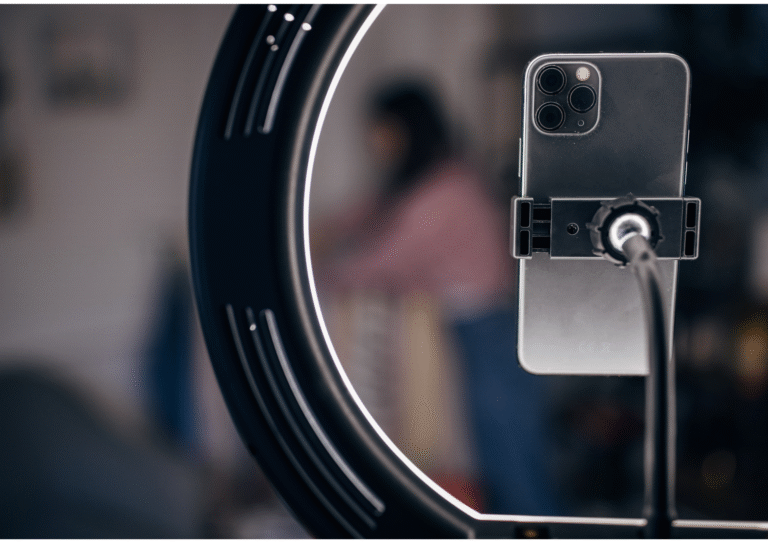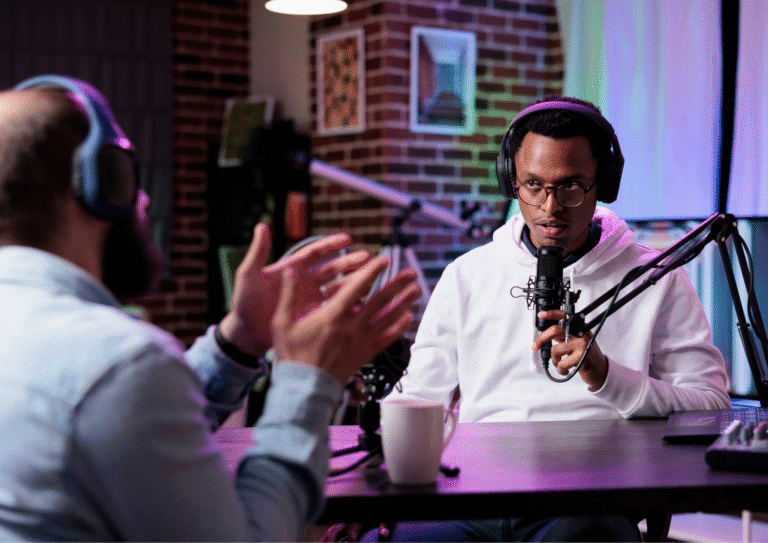
Have you ever watched an interview with actor Pedro Pascal? Maybe his eyes looked a little tired, and his voice was soft. As you watched, did you feel like you understood him, or even that his openness helped you feel better about your own feelings? It’s a common experience.
However, things can shift quickly. Suddenly, you might see comments like, “Pedro Pascal is over.” Or “He’s trying too hard.” Some might even say, “He just acts sad for attention.”
What caused this change? And why do we, as fans, tend to do this to celebrities like him, and perhaps even to ourselves? If you’ve ever wondered if our interest in famous people who share their struggles says more about them or about us, this article might offer some clarity. Keep reading to learn why we’re so drawn to celebrity pain, why that fascination often turns sour, and what Pedro Pascal’s story tells us about how we view emotional honesty today.
Why This Matters More Than You Think
Pedro Pascal is more than just an actor; he’s become a symbol. He represents a new kind of “soft masculinity,” where men in the public eye are more comfortable being open about their emotions. But now, it seems some people are turning against him. The whispers are getting louder: “He’s too emotional,” “He’s faking it,” or “He’s too eager to share.”
At the heart of this conversation lies a complex truth: we like when celebrities are open and honest, but only if it’s “just right.”
When famous people show their pain, we often treat it like entertainment. But here’s the kicker: if they show too much of it, we start to see them as a burden.
So, what does this pattern tell us about our culture and about us as individuals? It’s a question worth exploring.
Pedro Pascal’s Rise: From Internet Favorite to “Sad Icon”
Pedro Pascal’s career truly resonated with audiences. Moving from “The Last of Us” to “The Mandalorian,” he quickly became known as our collective gentle, tired hero. Off-screen, he embraced this image, openly discussing his past, his immigrant parents, his grief, and his sensitive nature.
People absolutely loved it; they swooned over his honesty.
But then, somewhere along the line, the narrative flipped. Now, a growing number of people see his openness as calculated, and his gentle side as merely a way to promote himself.
“He’s Just Pretending to Be Sad for Attention”—Is That Wrong?
Some critics argue that Pascal’s emotional interviews, his soft persona, and even his tired eyes are all part of an act. Some go so far as to call it manipulation. Others suggest it’s no different from what social media influencers do every day to connect with their audience.
And to be fair, they have a point.
As one person wrote online, expressing a common sentiment: “It’s starting to feel like personal struggles are just a way to get attention. He’s sharing sadness that feels approved by his public relations team.”
But let’s pause and consider this more deeply. Even if some of his pain is shown in a planned way, does that automatically make it fake or invalid? Or could it be that we’re simply tired of being reminded of our own problems and vulnerabilities?
The Internet Makes Openness a Trend—Then Destroys It
This explanation of Pedro Pascal and the performance of pain shows why celebrity vulnerability often backfires once it becomes predictable. It’s a cycle that, in a way, seems inevitable.
Here’s how it usually plays out:
- A celebrity opens up.
- We relate to them and begin to idealize them.
- Their personal struggles become a part of their public image or “brand.”
- Eventually, we get bored or uncomfortable with it.
- And finally, we turn against them.
We’ve seen this pattern before. It happened with Selena Gomez. It happened with Meghan Markle. Now, it seems it’s Pascal’s turn under the microscope.
As a result, we often confuse genuine authenticity with simply being overexposed. And when vulnerability starts to feel rehearsed, we begin to resent it even if, at its core, it might be real.
Pedro Pascal Is a Real Person. Also, a Brand.
This is the uncomfortable part to truly grasp.
On one hand, Pedro Pascal is genuinely vulnerable. On the other hand, he also works in an industry where every emotion, every word, is edited, repackaged, and scheduled for public consumption.
So, yes, he’s sharing his pain.
But also, yes, that pain may very well help build his brand.
Both of these things can be true at the same time.
Dr. Chris Rojek, a sociologist and expert on celebrity culture, explains this paradox best: “Celebrities now face the paradox of having to appear genuine while being managed by teams whose job it is to strategize authenticity.” (Rojek, 2012)
In other words, being “authentic” is now a highly practiced performance art. And Pedro is simply very, very good at it.
Why Are We Mad at Him Then?
We’re not really mad at him because he’s “fake.”
Instead, we’re mad because he acts like a mirror to us.
When Pedro Pascal cries in an interview, it often triggers something within us. We might remember our own repressed pain or unspoken struggles. We might wonder why we don’t receive the same kind of empathy and understanding that he does.
And perhaps worse, we start to feel manipulated—because deep down, we suspect that vulnerability, like almost everything else in the public eye, has become a product to be sold.
However, our strong reaction also shows something hopeful: we still care about what’s real. Even if we can’t always tell what that is anymore.
A Brief (and Slightly Dark) Note on Celebrity Sadness
Have you ever noticed how a celebrity’s public breakdown always seems to hit harder when it’s filmed in black and white, with soft piano music playing in the background?
It’s almost as if sadness needs a filter to feel truly sincere.
Which, when you think about it, makes a strange kind of sense. After all, even our grief and most private moments can feel like they come with closed captions now.
So, Is Pedro Pascal to Blame?
Not really.
Pedro Pascal didn’t invent the concept of emotional labor as content. He’s simply one of the most visible, likable, and soft-spoken examples of it today. And as is often the case, when you stand out in such a way, eventually someone will want to take you down.
But it’s not just about him. This conversation touches on a deeper issue: how we use other people’s pain to feel seen, validated, or simply distracted from our own lives.
And it brings up a crucial question we rarely ask ourselves: What happens when a celebrity stops performing vulnerability? Do we still care about them then?
Final Thoughts: What Do We Really Want?
Maybe the real issue isn’t Pedro Pascal’s performance of pain. Perhaps, instead, it’s our performance of empathy.
We want celebrities to open up—but not too much. We want them to be raw and authentic—but still perfectly likable. We want their pain to be poetic—but never messy or uncomfortable.
And that’s simply not how real humans work.
So here’s the main takeaway:
Before judging someone else’s pain, ask yourself why it bothers you so much. If it feels real, try to sit with that feeling and understand it. If it seems fake, ask yourself why it still gets such a strong reaction from you.
Maybe the problem isn’t Pedro. Maybe it’s how we’ve learned to watch people suffer from behind a screen, simply waiting for the next dramatic close-up.
Sources
- Rojek, C. (2012). Celebrity. Reaktion Books.
- Psychology Today (2021). “The Cost of Public Vulnerability.”
- Duffy, B. (2017). (Not) Getting Paid to Do What You Love: Gender, Social Media, and Aspirational Work. Yale University Press.




